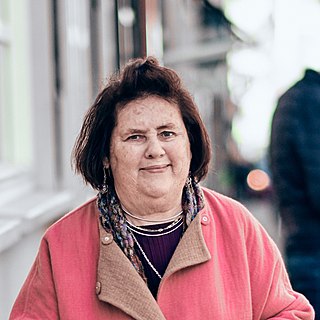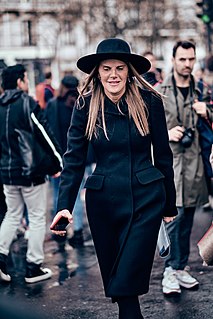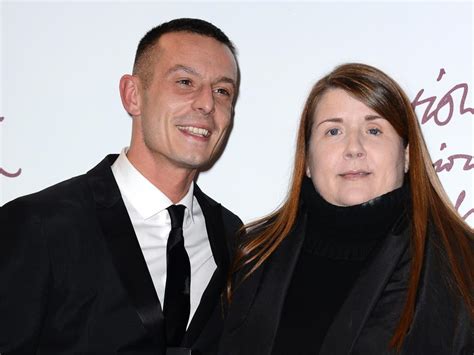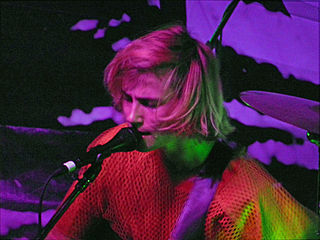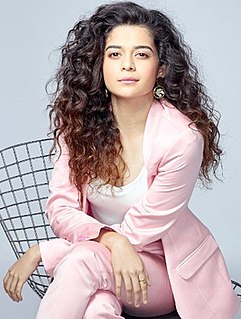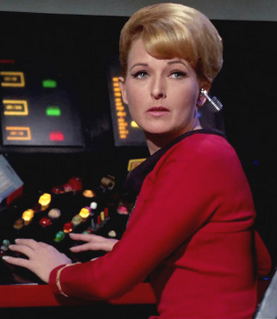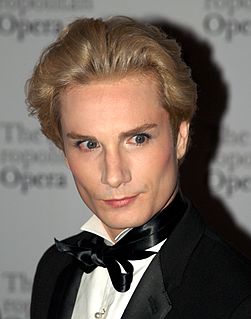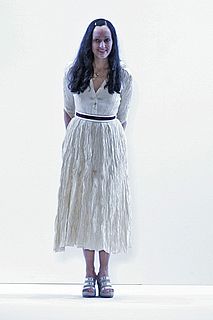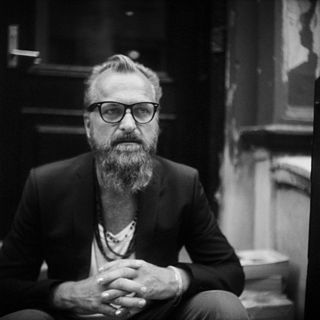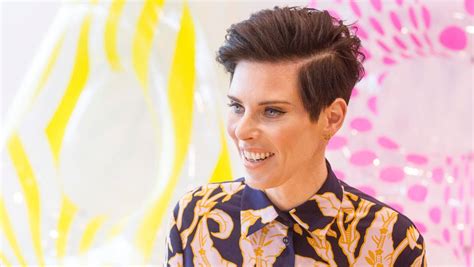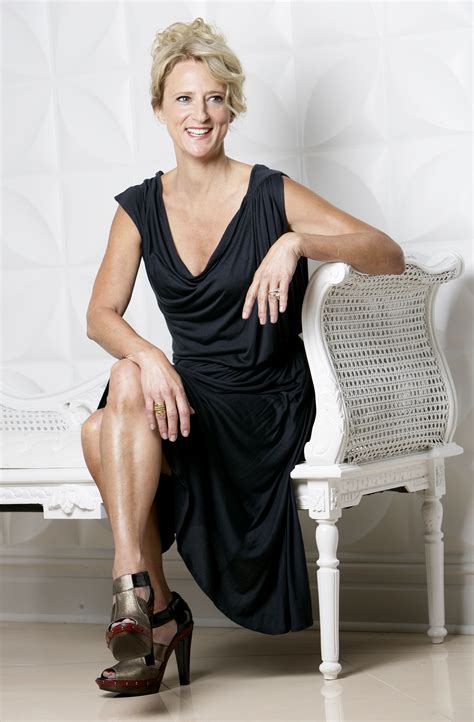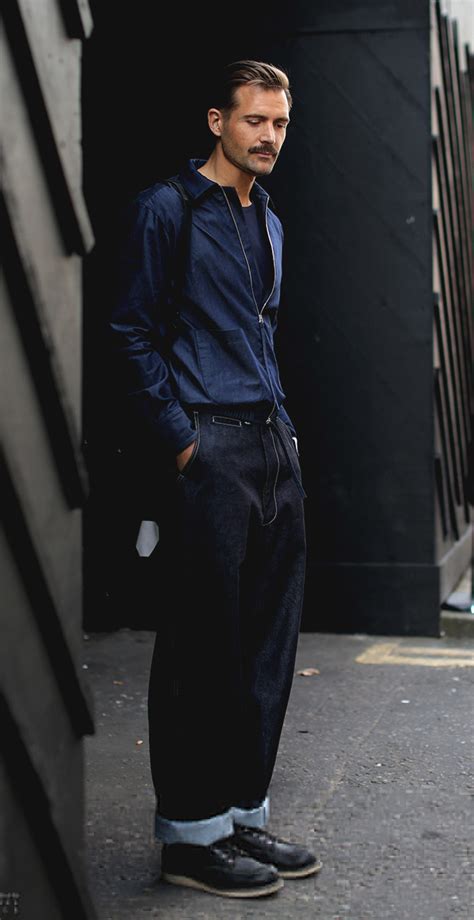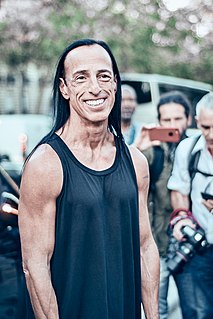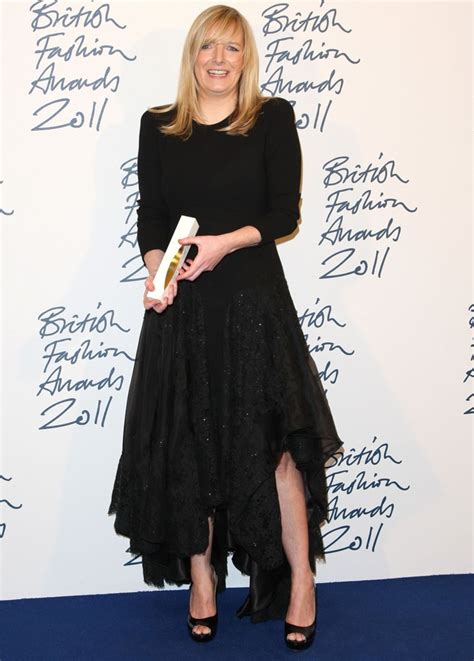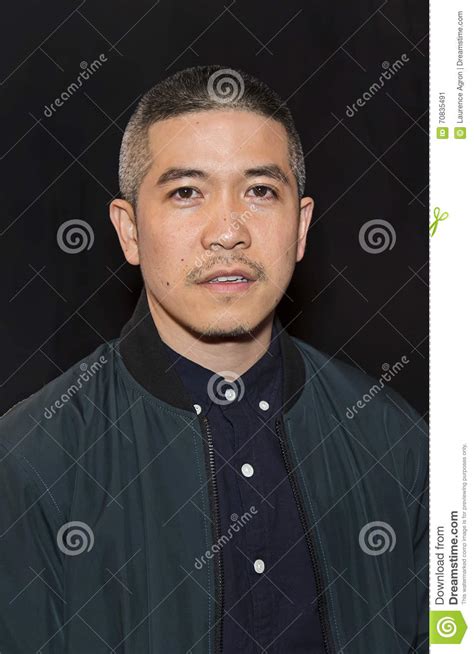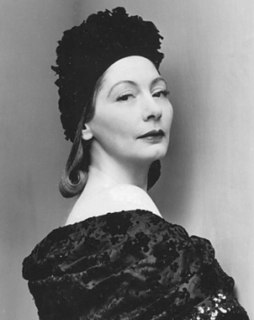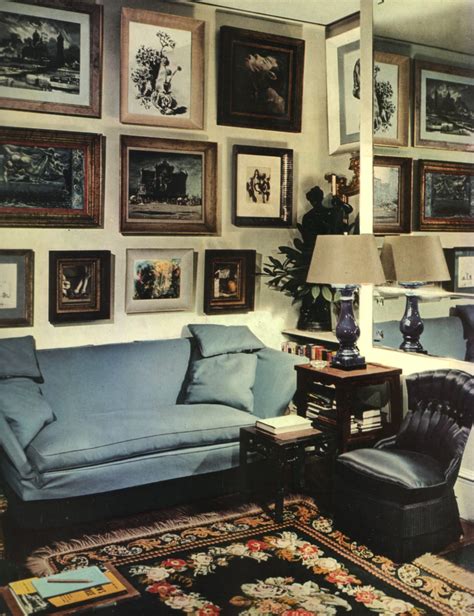A Quote by Yohji Yamamoto
I hate fashion. Or the word fashion, which sounds colorful, extravagant, expensive and gorgeous. “I never wanted to walk the main street of fashion. I have been walking the sidewalks of fashion from the beginning, so I’m a bit dark.
Related Quotes
I think the problem is that fashion has become too fashionable. For years, fashion wasn't fashionable. Today fashion is so fashionable that it's almost embarrassing to say you're part of fashion. All the parodies of it. All the dreadful magazines. That has destroyed it as well, because everybody thinks fashion is attainable.
I think fashion is probably one of the most accessible and immediate forms of visual culture. In 1978, when I realized that I wanted to work on fashion, I had gone to Yale to get my Ph.D. in European cultural history. I suddenly realized fashion's part of culture, and I can do fashion history. All my professors thought this was a really bad idea, that fashion was frivolous and unimportant. And, increasingly over time, people have recognized that it provides such a mirror to the way we think, our values and attitudes.

